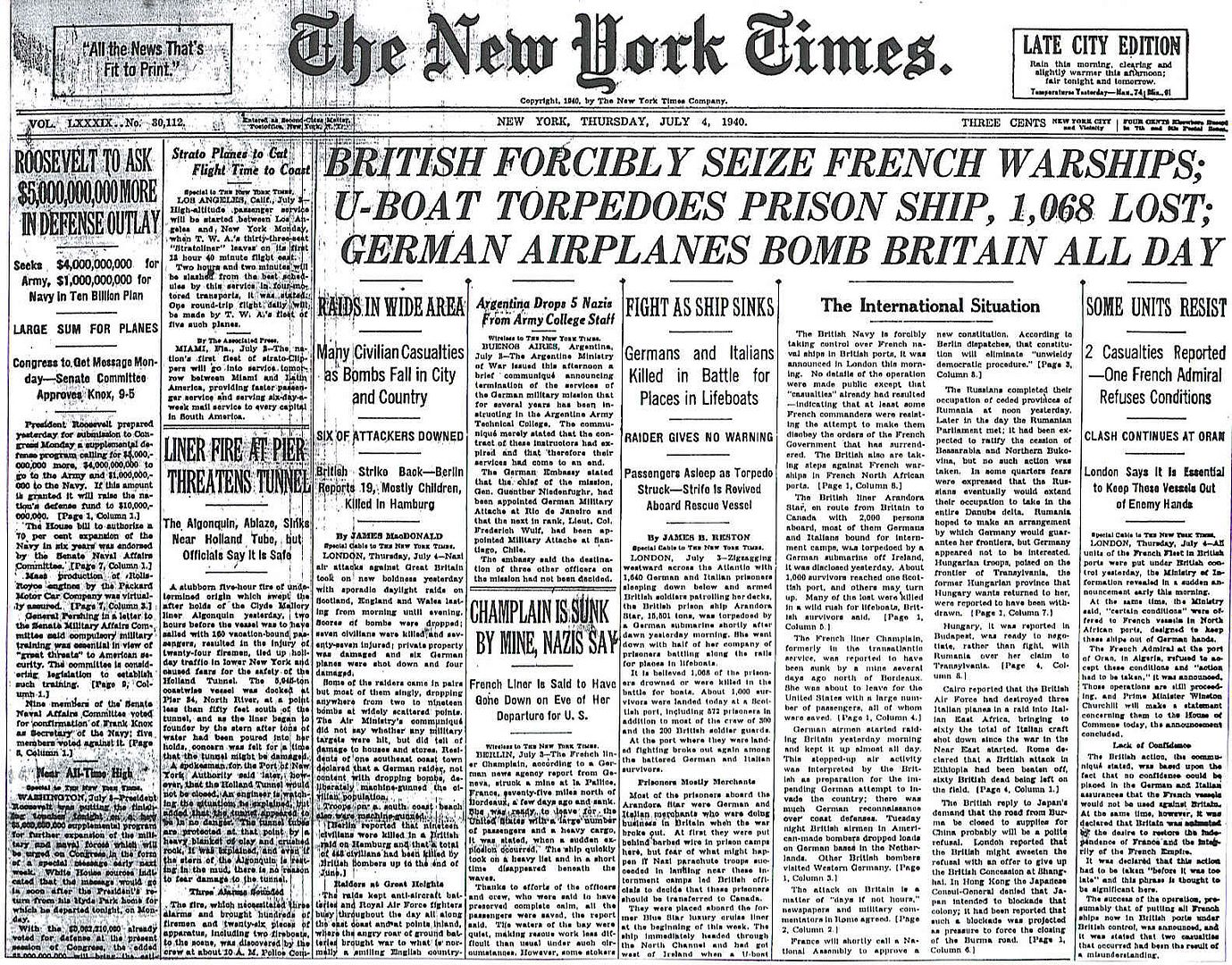
Posted on 07/04/2010 5:08:52 AM PDT by Homer_J_Simpson

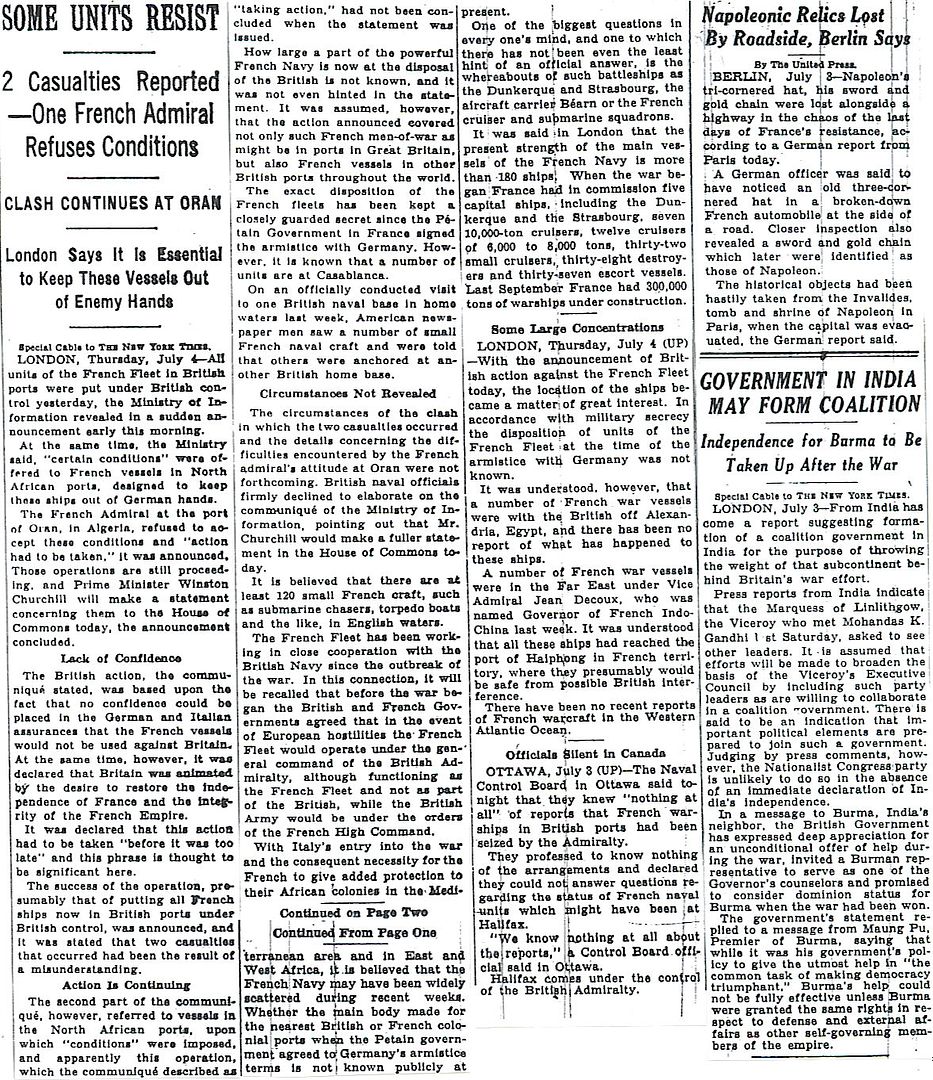
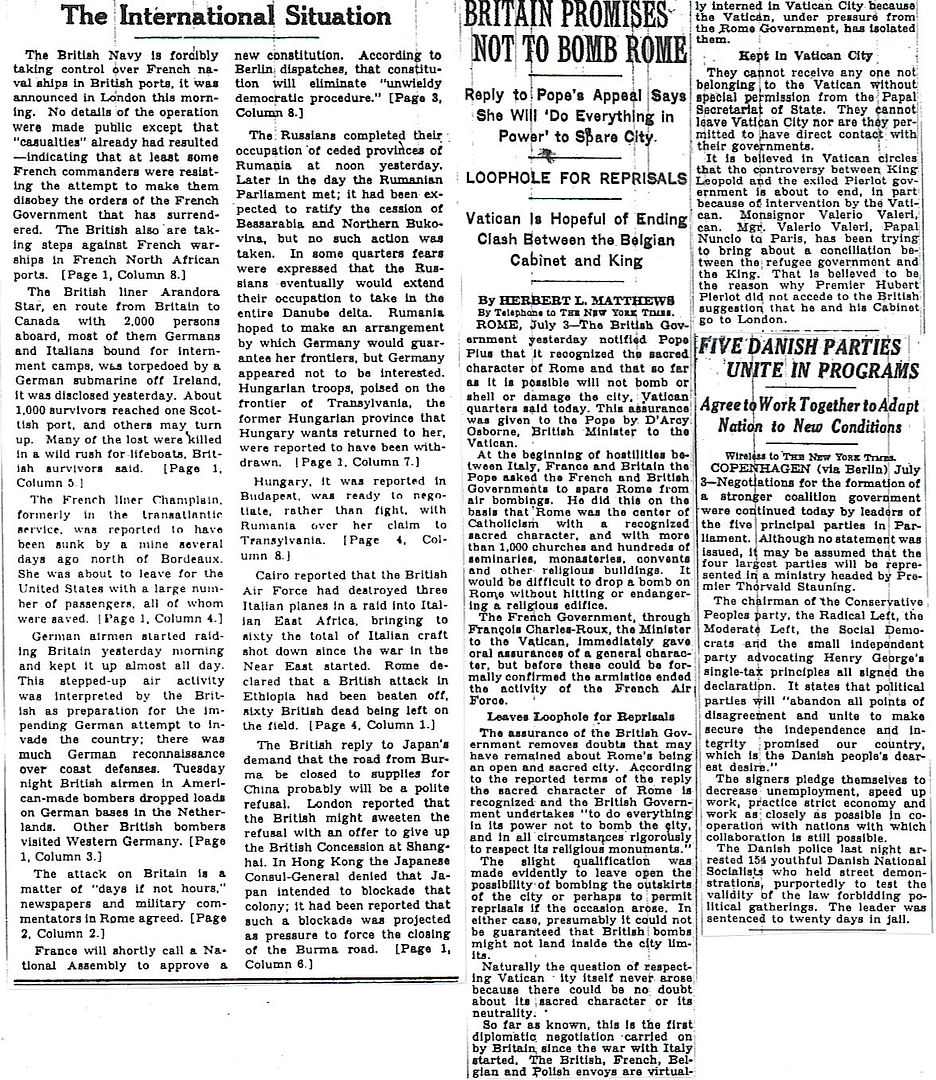
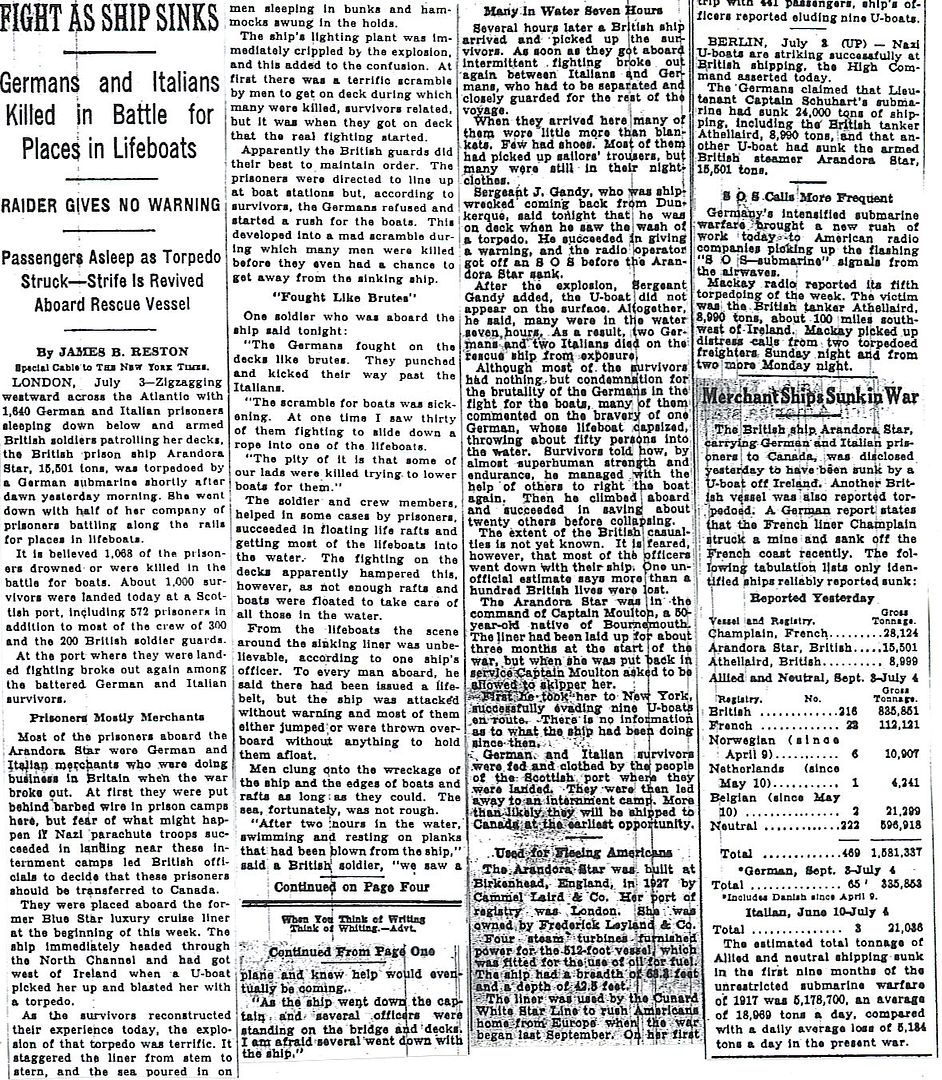
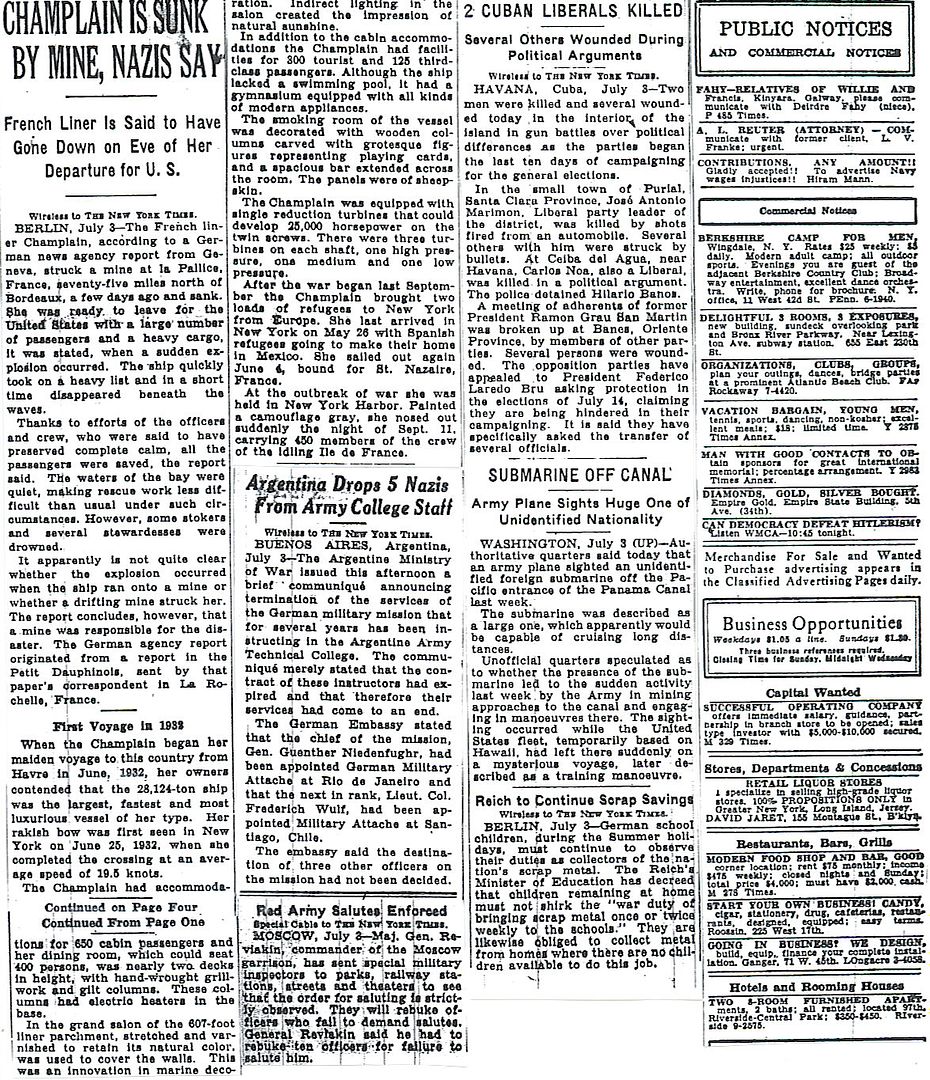
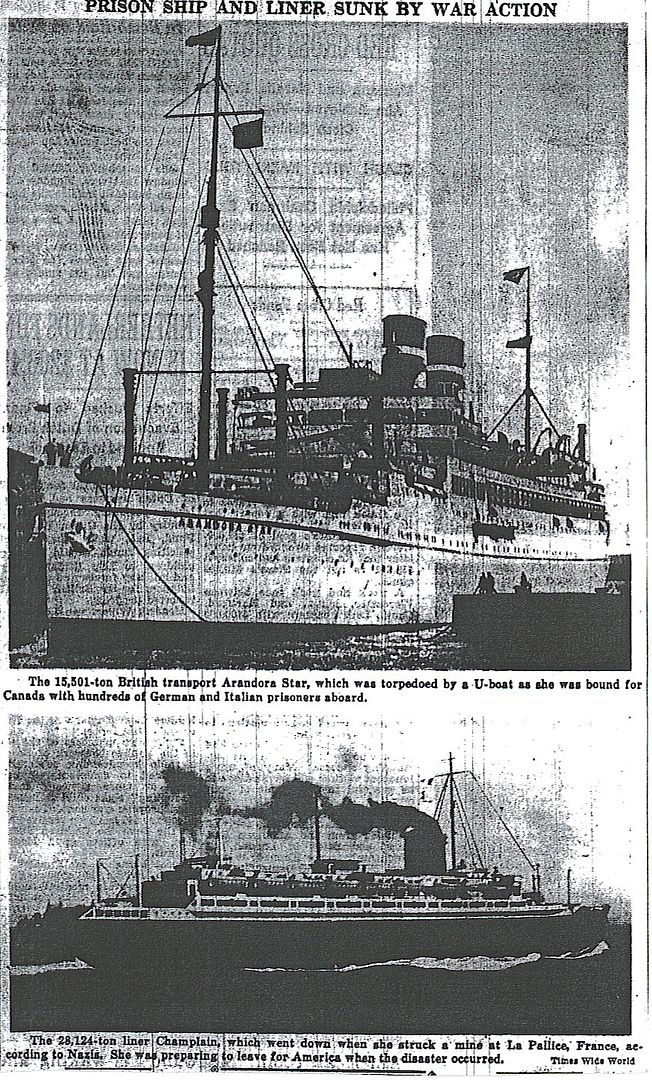
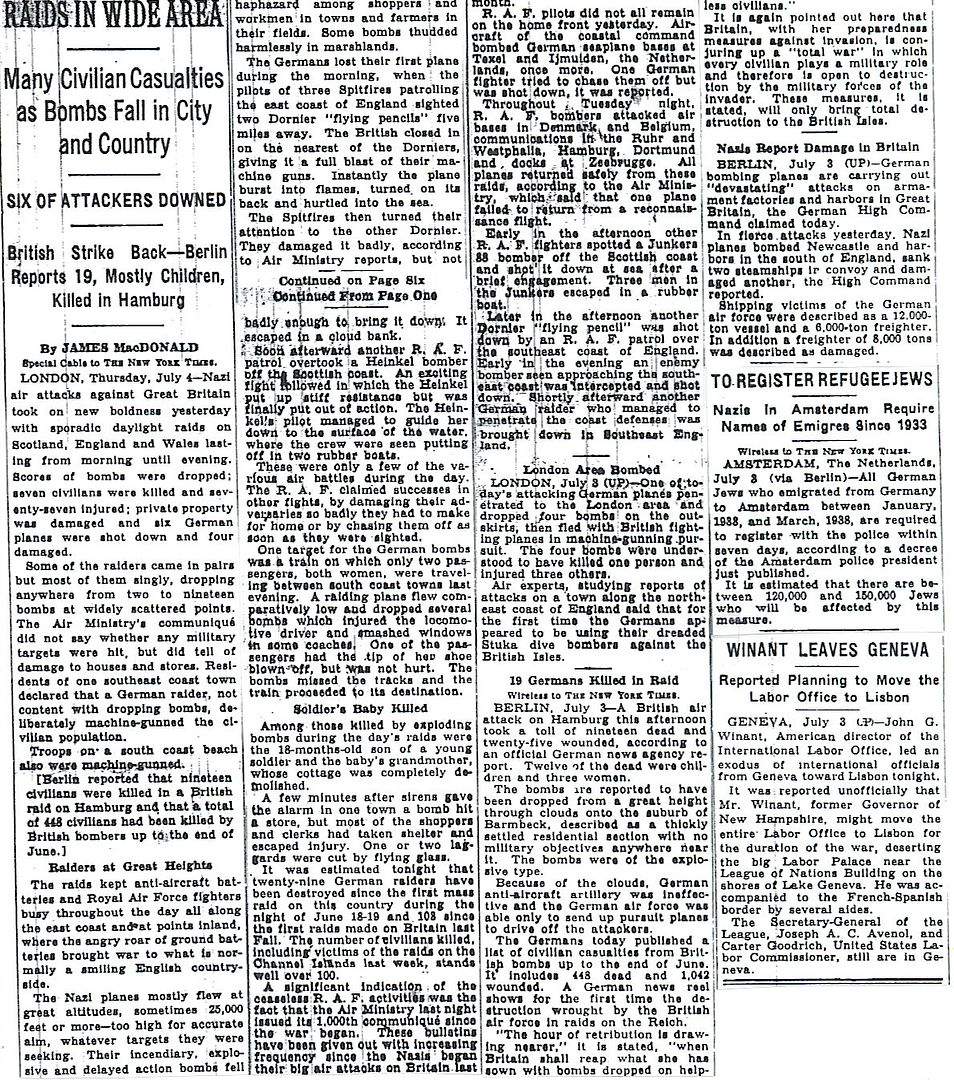
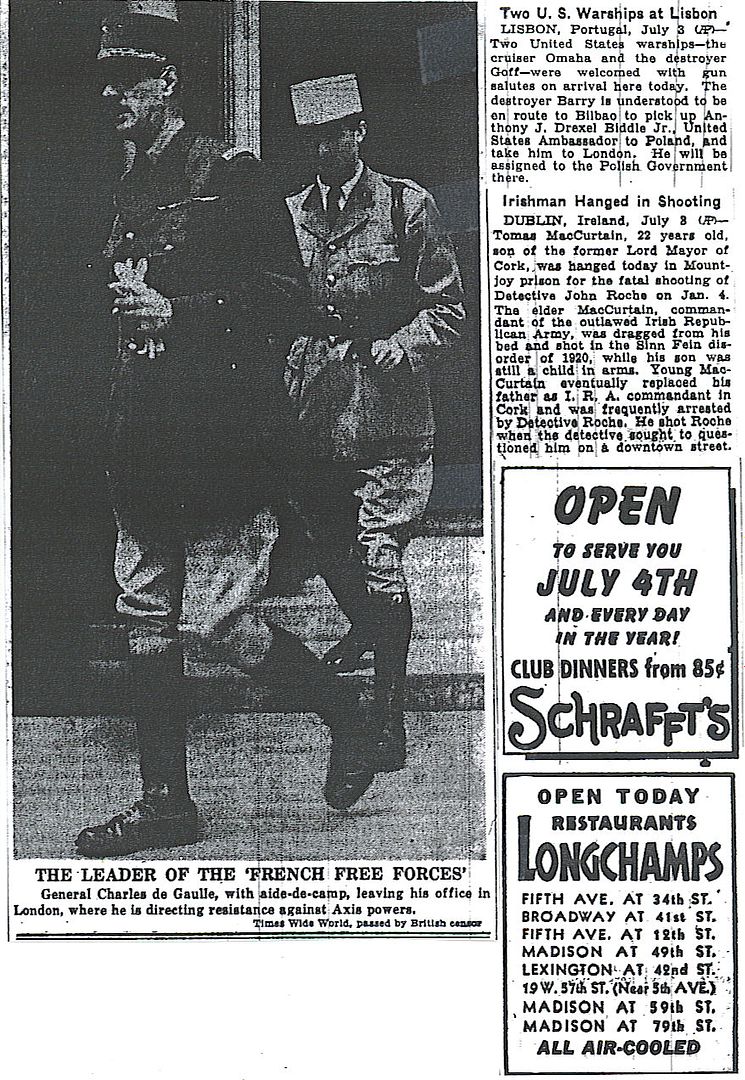
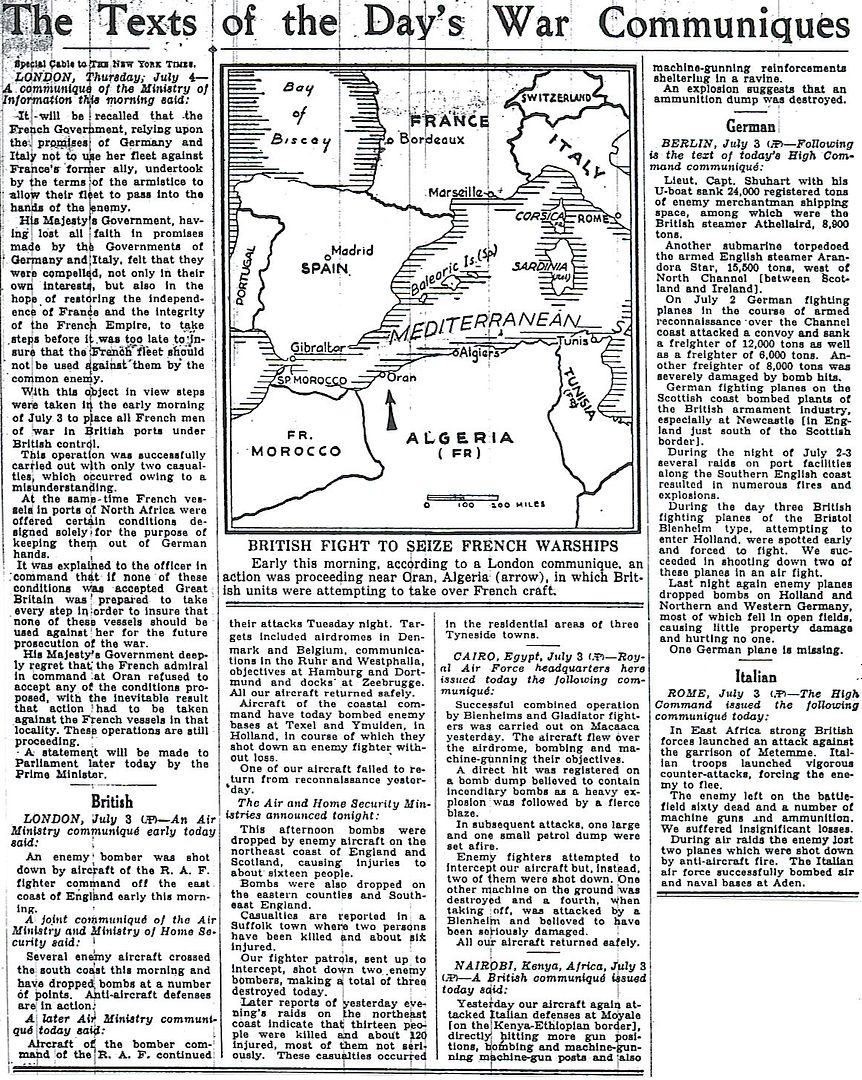
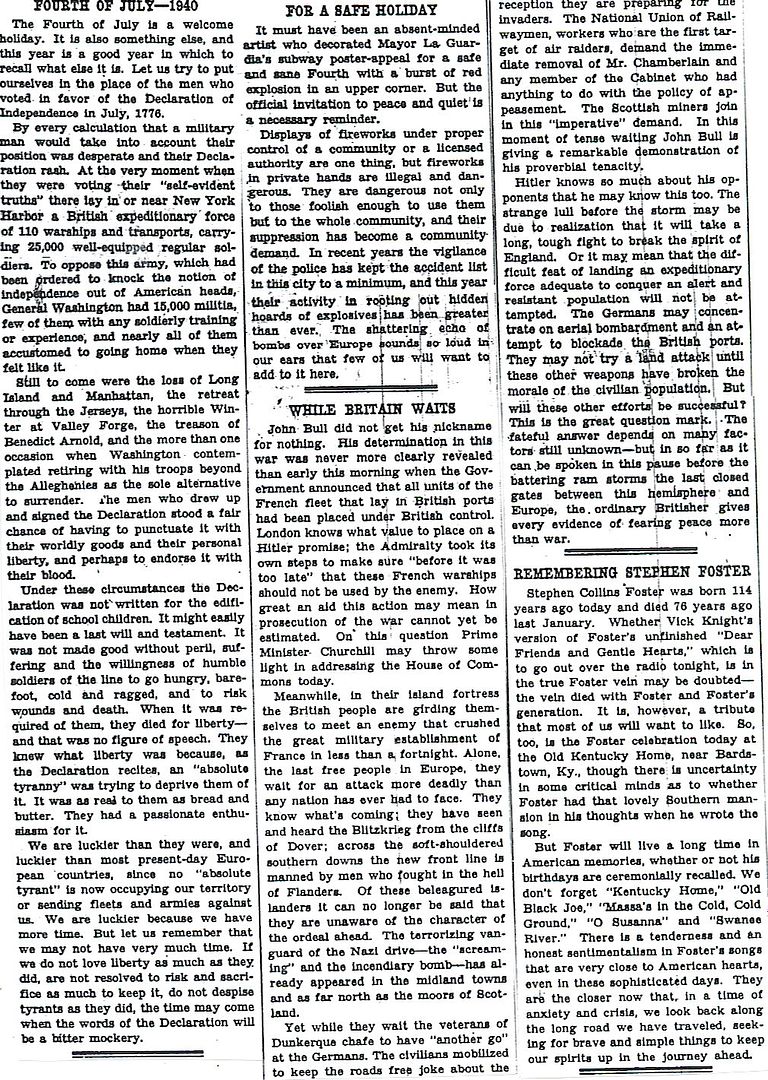
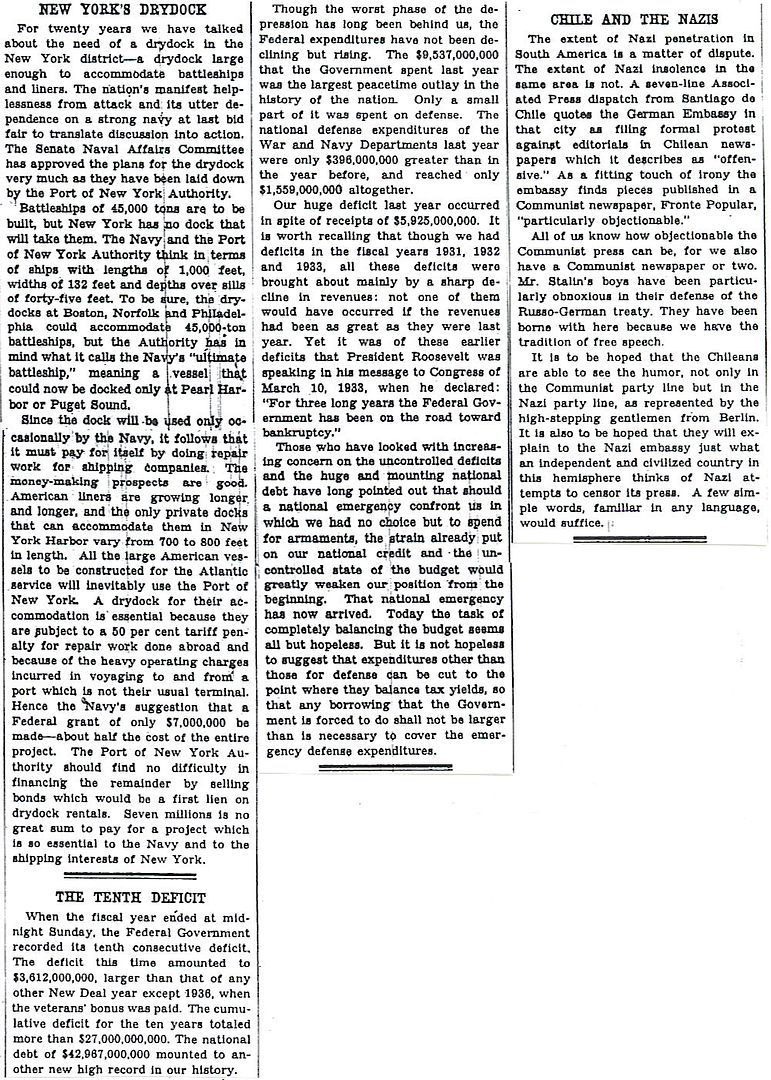
Thanks for that link. Good read. It still looks like the charges at the war crimes tribunal in 1946 didn’t focus on the actual improper marking of the ship though. That’s why the captain was not in the trial. I’d be interested if there is an actual case where the captain was charged with violating article 46 of the Geneva Convention.
Not that I’m aware of. The Japanese were so brutal that even significant war crimes were ignored after the war.
In Atami, Japan, there is the Shrine of Remorse on the land of General Iwani Matsui. If you're not familiar with the name, he was the General in charge of the troops that entered Nanking in December 1937. The Shrine faces China and is supposed to be a symbol of sorrow for the rape of Nanking. At this same location, however, there is also the Shrine of the Seven Samurai. This shrine is in the memory of the seven class A Japanese war criminals who were executed for their war crimes. These seven would be General Kenji Diohara who was involved in the Mukden incident in 1931, essentially beginning the Japanese war with China; General Hideki Tojo who we are all familiar with; General Akira Muto, whose troop participated in the Nanking and Manila massacres; General Iwane Matsui, Muto's superior at Nanking; General Seishiro Itagakai, responsible for camp conditions in Java, Sumatra, and Borneo; Baron Koki Hirota, foreign minister in Manchuria during the "Marco Polo Bridge" incident as well as the rape of Nanking; and finally General Heitaro Kimura, vice minister of war under Tojo. Next to this shrine is two more shrines in honor of the 1068 class B and C war criminals executed. This still exists today, and you can still go see these shrines.
At the same time we have the like of Professor Higashinakano Shudo as far as I know still teaches history at the Asia University in Tokyo. He wrote the book The Nanking Massacre: Fact Versus Fiction, A Historian's Quest for the Truthwhich is an effort to accuse the entire incident on the Chinese. Many Germans got away with war crimes in the Second World War, but Japan actually managed to even maintain a cultural denial of their culpability in their war crimes. It's truly an incredible set of circumstances.
First of all, what exactly was considered a "war crime" during World War Two; and would failure to properly mark a ship transporting prisoners, by itself constitute such a "war crime"?
Here is Wikipedia's definition:
"War crimes are "violations of the laws or customs of war"; including "murder, the ill-treatment or deportation of civilian residents of an occupied territory to slave labor camps", "the murder or ill-treatment of prisoners of war", the killing of hostages, "the wanton destruction of cities, towns and villages, and any devastation not justified by military, or civilian necessity".[1]..."...Colloquial definitions of war crime include violations of established protections of the laws of war, but also include failures to adhere to norms of procedure and rules of battle, such as attacking those displaying a peaceful flag of truce, or using that same flag as a ruse of war to mount an attack.
"Attacking enemy troops while they are being deployed by way of a parachute is not a war crime.[4] However, Protocol I, Article 42 of the Geneva Conventions explicitly forbids attacking parachutists who eject from damaged airplanes, and surrendering parachutists once landed.[5]
"War crimes include such acts as mistreatment of prisoners of war or civilians.
"War crimes are sometimes part of instances of mass murder and genocide though these crimes are more broadly covered under international humanitarian law described as crimes against humanity..."
And here is the total of the Third Geneva Convention (1929) section on prisoner transfers:
"Chapter VIII: Transfer of Prisoners of War after their Arrival in CampArticle 46:
The Detaining Power, when deciding upon the transfer of prisoners of war, shall take into account the interests of the prisoners themselves, more especially so as not to increase the difficulty of their repatriation.
The transfer of prisoners of war shall always be effected humanely and in conditions not less favourable than those under which the forces of the Detaining Power are transferred.
"Account shall always be taken of the climatic conditions to which the prisoners of war are accustomed and the conditions of transfer shall in no case be prejudicial to their health."The Detaining Power shall supply prisoners of war during transfer with sufficient food and drinking water to keep them in good health, likewise with the necessary clothing, shelter and medical attention.
"The Detaining Power shall take adequate precautions especially in case of transport by sea or by air, to ensure their safety during transfer, and shall draw up a complete list of all transferred prisoners before their departure.Article 47:
Sick or wounded prisoners of war shall not be transferred as long as their recovery may be endangered by the journey, unless their safety imperatively demands it.
If the combat zone draws closer to a camp, the prisoners of war in the said camp shall not be transferred unless their transfer can be carried out in adequate conditions of safety, or unless they are exposed to greater risks by remaining on the spot than by being transferred.
Article 48:
"In the event of transfer, prisoners of war shall be officially advised of their departure and of their new postal address.
"Such notifications shall be given in time for them to pack their luggage and inform their next of kin."They shall be allowed to take with them their personal effects, and the correspondence and parcels which have arrived for them.
"The weight of such baggage may be limited, if the conditions of transfer so require, to what each prisoner can reasonably carry, which shall in no case be more than twenty-five kilograms per head."Mail and parcels addressed to their former camp shall be forwarded to them without delay.
"The camp commander shall take, in agreement with the prisoners' representative, any measures needed to ensure the transport of the prisoners' community property and of the luggage they are unable to take with them in consequence of restrictions imposed by virtue of the second paragraph of this Article."The costs of transfers shall be borne by the Detaining Power."
Nowhere do I see that the British transfer of prisoners in a ship not specifically marked constituted, at the time, a "war crime."
But the larger issue here is, which countries treated their POWs correctly, and which did not?
I've heard of no examples, nor statistics, of either British or American authorities during the war treating captured Germans harshly enough to cause their deaths.
So I take axis survival rates in Brit & American POW camps to be 100%.
After the war is a different story, which we can save until later.
"In comparison, 8,348 Western Allied (British, American and Canadian) prisoners died in German camps in 1939-45 (3.5% of the 232,000 total)."
So 96% of western allied POWs survived their captivity in German POW camps.
By contrast, survival rates amongst other groups was vastly different, for examples:
The Nazis' excuse for maltreating Soviet POWs was that Russia had not signed the 1929 Geneva Conventions.
But it was a bogus excuse since all signatories were obligated to treat any other POWs according to Geneva rules.
PAR35: "Serbia, Croatia, Slovenia? They weren't even countries at the beginning of World War II, and weren't in 1929 when the Geneva Convention came into being So they, by definition, couldn't be parties."
Here is a complete listing of all countries which signed the 1929 Third Geneva Conventions.
Note the Republic of Serbia is listed here. Elsewhere it is listed as "Serbia, Croatia and Slovenia."
Finally, we need to consider this particular piece of nonsense:
PAR35: "Malmedy wasn't Wehrmacht. It was SS (note my careful use of the phrases 'German military)."
I think it's totally bogus to attempt drawing distinctions between "German military" and such uniformed services as the SS Einsatzgruppen -- except in this sense:
Point is: special functions were assigned to special units, but all those units were branches of German state uniformed services.
All did their part to support the overall plan.
Disclaimer: Opinions posted on Free Republic are those of the individual posters and do not necessarily represent the opinion of Free Republic or its management. All materials posted herein are protected by copyright law and the exemption for fair use of copyrighted works.